Edward Said and the Religious Effects of Culture
This book provides a distinctive account of Edward Said's critique of modern culture by highlighting the religion-secularism distinction on which it is predicated. This distinction is both literal and figurative. It refers, on the one hand, to religious traditions and to secular traditions and, on the other hand, to tropes that extend the meaning and reference of religion and secularism in indeterminate ways. The author takes these tropes as the best way of organizing Said's heterogeneous corpus - from Joseph Conrad and the Fiction of Autobiography, his first book, to Orientalism, his most influential book, to his recent writings on the Palestinian question. The religion-secularism distinction, as an act of imagination and narrative continuity, lies behind Said's cultural criticism, his notion of intellectual responsibility, and his public controversy with Michael Walzer about the meaning and the uses of the Exodus story and about the question of Palestine.
{{comment.content}}
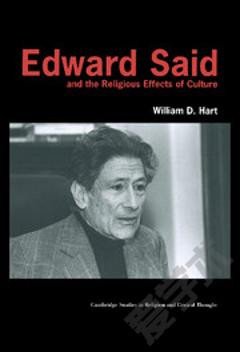
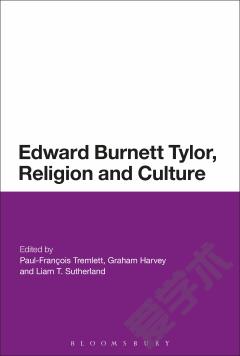
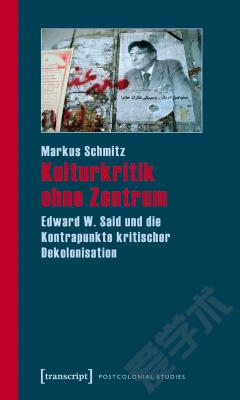

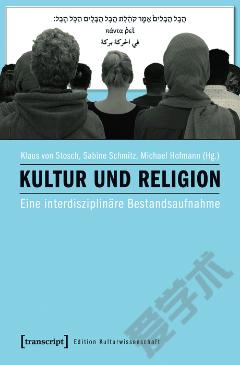
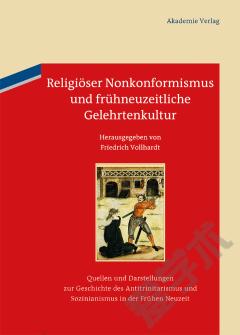


 京公网安备 11010802027623号
京公网安备 11010802027623号